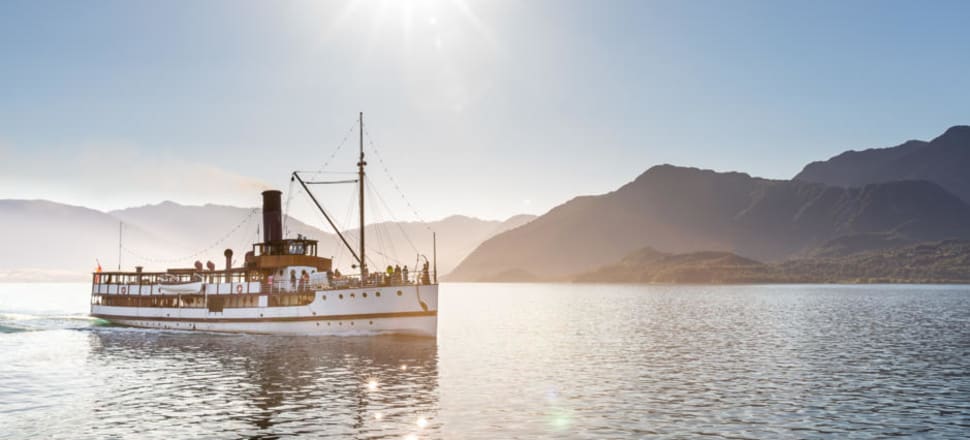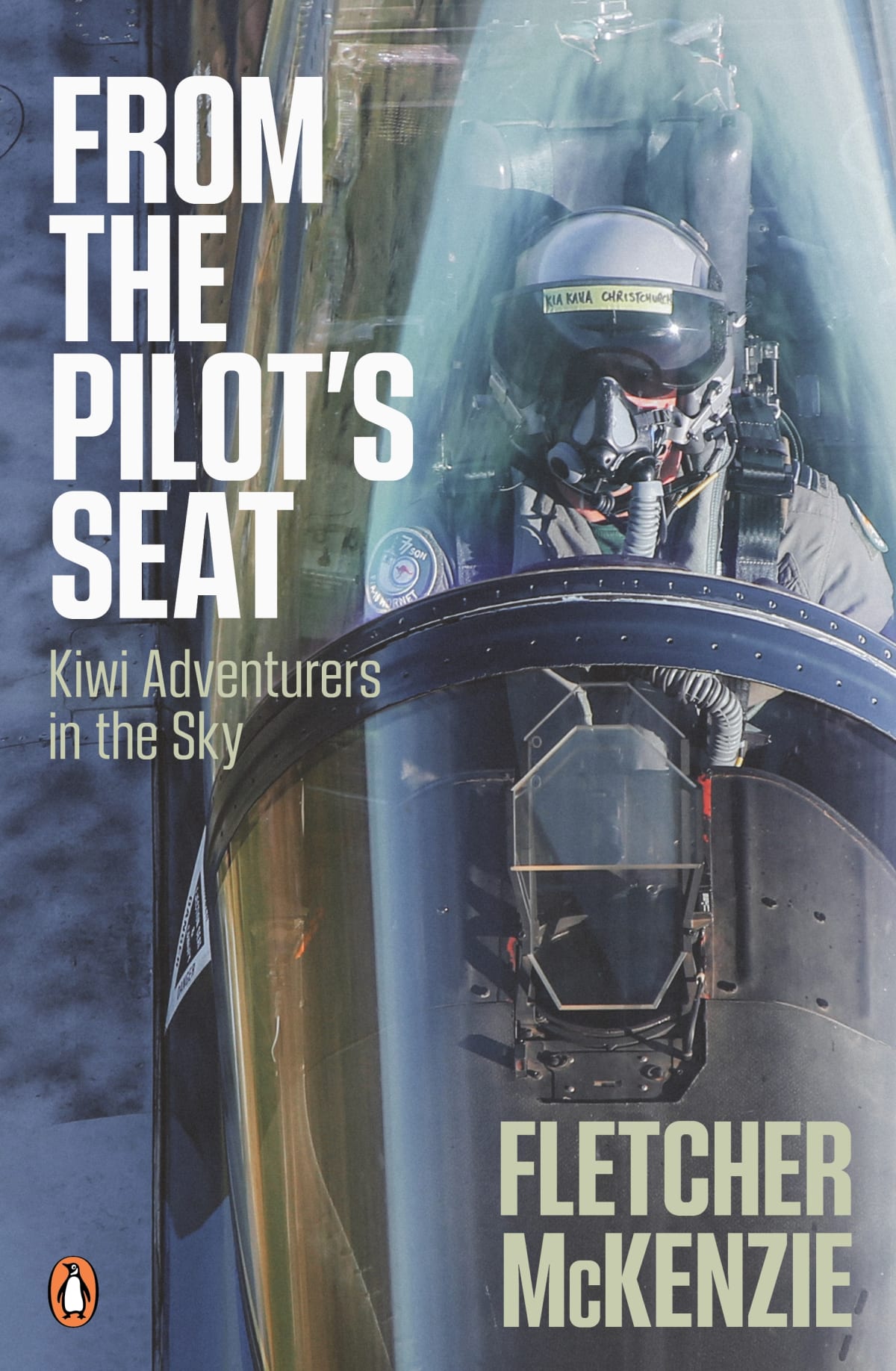
A flight instructor tells author Fletcher McKenzie of submarining his plane in the waters of Lake Wakatipu
In 2001, I was teaching a student in a small floatplane. We’d completed all the training, and he’d been pretty competent, but there were two experiences we needed to consolidate time on: glassy water landings, and porpoising (bouncing up and down on the water). If needs be, I will manufacture the porpoising effect by crossing the wake of the TSS Earnslaw steamship because it provides two opportunities for students to experience wave swell, and for me to see how they recover from it.
That’s what I did on this occasion.
We were well behind the Earnslaw. His mistake, and mine, was that I didn’t know he had lost confidence after experiencing the first porpoising experience. It had disturbed him, but he didn’t tell me, and I didn’t recognise that.
We resumed glassy water landings. You operate on instruments, choose an obstacle-free path, descend to a prescribed height and look up to complete the landing, at a rate of descent of about 100-150 feet per minute, flying at 60 knots with wings level and in balance. Then you kiss the water. It’s just like landing on a mirror.
We had been doing well on landings, but this time, following the porpoising experience, he was descending at 80 knots and a descent rate of 33 feet, so I pointed to both instruments and he made the correction for them. We got down to where we were sitting on a cushion of air; you can feel it, and it’s a helpful sign that you’re about to kiss the water.
Conveniently, the lake in Queenstown is 1000 feet above sea level, so our altimeter was giving us that situational awareness as well. We were on that cushion of air; I felt it – then suddenly he pushed vigorously forward on the stick.
My hands were on my thighs, ready to respond if something wasn’t right; they came up now and I curled my right hand around the control column. As he pushed us assertively forward, the plane submarined, and the force was so great that the column slammed into the instrument panel, snapping my fingers off.
When the aircraft dove, its nose folded down. The gull-wing doors folded also, and spat us out like torpedoes. We both were blasted down so deep that I couldn’t see the surface. Everything was black.
Eventually we swam to the surface. I had smashed both feet and my back. He had a smashed shoulder and I had amputated fingers.
We held on to the fuselage until it sank. I didn’t have the energy to yell. He yelled out to a yacht that was nearby. They were busy trying to sail the yacht to get to us. He told them, "Get in the dinghy."
As the plane was sinking, I vividly remember thinking, Oh my god, I survived a plane accident, now I’m gonna drown.
My head went underwater. The lady in the dinghy reached down, grabbed the scruff of my neck and pulled me out of the water.
*
We were put into different hospitals. He went to Dunedin; I went to Invercargill and, later, Christchurch.
I came out of the hospital four months later. They discharged him after a week. He was independent, self-sufficient, and able to eat; determined to recover at home, not at the hospital. I had multiple operations still to go.
One of my friends helped me get back into the pilot’s seat. I was still on crutches. It was a mildly turbulent day. I felt a mild amount of anxiety. Over a week, we did a couple of circuits. I relaxed. My rational thoughts – Nothing is going to happen, I just need to concentrate on the flying – worked.
I’m a great believer in rationalising; it enables our brain to focus, rather than be distracted by less relevant thoughts. I know several people who have had an accident. I’m a powerful advocate for getting back on the horse as soon as possible. Not to revisit the experience, or put them under any pressure, but to get them to relax in the aircraft and allow them to take the first step towards returning to what they clearly love.
It was an unwanted and traumatic experience that I wouldn’t wish on anybody – but with the benefit of hindsight, I have taken what I could from it. That was part of the remedial process. It would be a tremendous waste of trauma, emotional energy and suffering if I didn’t look for the positives.
I had claustrophobia for a while afterwards; I would feel all the bubbling water on my face, and I felt like a torpedo being forced through the water at great speed. I vividly remember feeling the pressure.
A mildly abbreviated version of an interview with Carlton Campbell, taken with kind permission from the new bestseller From the Pilot's Seat: Kiwi Adventurers in the Sky by Fletcher McKenzie (Penguin, $40), available in bookstores nationwide.








